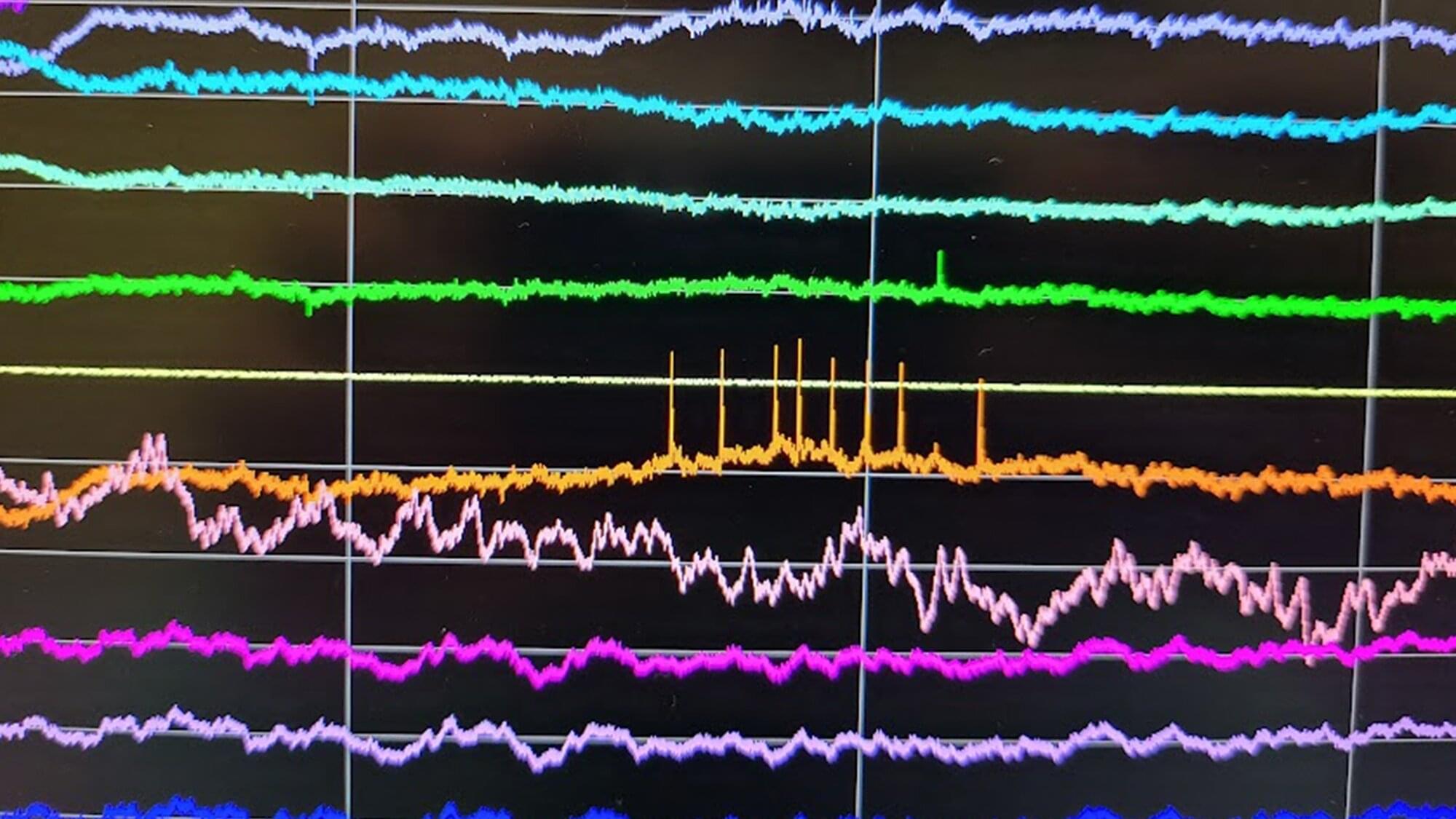Understanding how the human brain stores information and later uses it to complete various tasks has been a long-standing goal of neuroscience and psychology research. Past studies have identified different types of memory processes that have distinct roles and characteristics.
One of these, known as working memory, entails the storage and manipulation of important information for short periods of time, particularly information that is helpful for completing reasoning tasks or to make decisions in the short-term. Findings suggest that this temporary storage of information is associated with the continued and persistent firing of specific neurons in the brain.
Most past studies focusing on working memory processes relied on experimental tasks that require participants to prioritize and memorize all items they are presented with.
